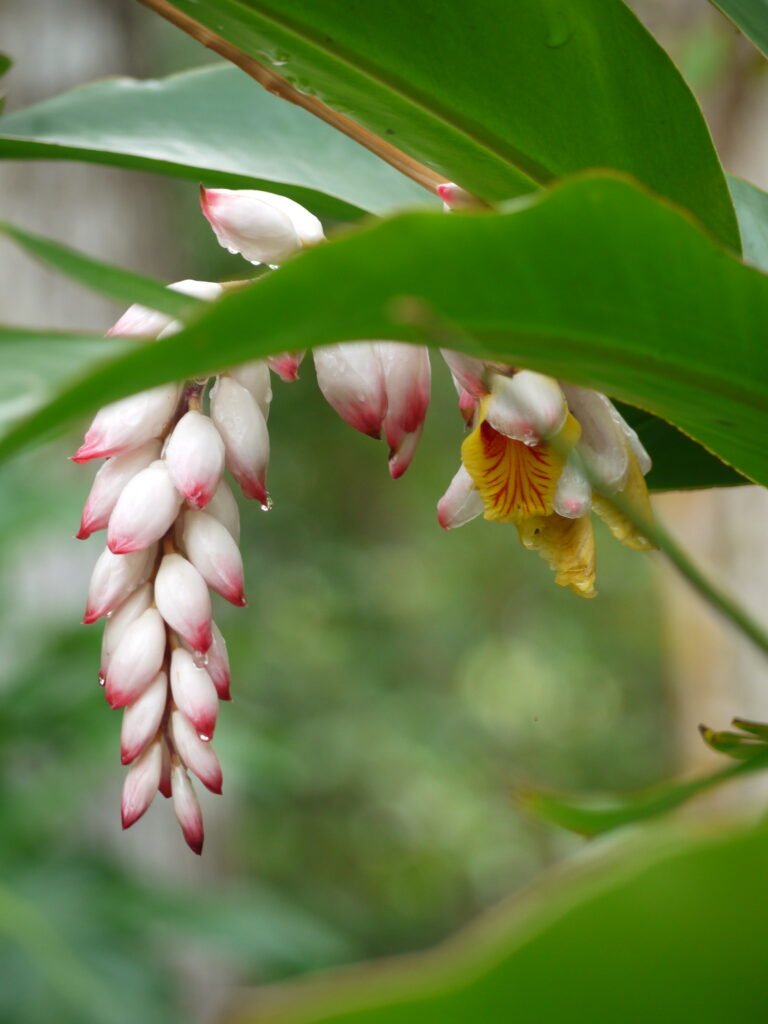
Introduction to Yoga at the End of Life
As individuals approach the end of their lives, the quest for comfort and peace becomes paramount. Yoga, a practice steeped in ancient philosophy, offers profound benefits for those facing terminal illnesses. This holistic discipline, which combines breath control, physical postures, and meditation, enables individuals to foster a sacred connection with their bodies and minds, creating a nurturing environment that promotes healing and tranquility during such a critical period.
Practicing yoga at the end of life facilitates a peaceful approach to death by addressing both physical and emotional aspects of the dying process. For persons dealing with debilitating symptoms, gentle yoga poses can alleviate physical discomfort, improve circulation, and enhance overall body awareness. Additionally, the incorporation of breathwork in yoga, or pranayama, cultivates a deep sense of calm and relaxation, allowing individuals to navigate the complexities of their situation with grace.
On an emotional level, yoga creates space for self-reflection and acceptance, encouraging individuals to embrace their journey rather than resist it. By focusing on the present moment, practitioners can find solace and clarity amid the uncertainties that accompany terminal illnesses. This mindful practice promotes a positive outlook, instilling hope and enabling individuals to cultivate meaningful connections with their loved ones.
The philosophy behind integrating yoga into end-of-life care revolves around the understanding that life is a continuous cycle. This perspective fosters a sense of acceptance and understanding of the dying process, allowing individuals to approach death with dignity. Ultimately, yoga serves as a powerful tool in enhancing the quality of life at this juncture, empowering individuals to reclaim agency over their experience, offering comfort, connection, and an opportunity for reflection.

The Role of Breathwork in End-of-Life Yoga
Breathwork is a fundamental component of yoga, particularly for individuals nearing the end of life. In this context, conscious breathing techniques serve multiple purposes. They help to alleviate anxiety, promote relaxation, and foster a greater sense of presence. During this crucial period, when emotions may be heightened and stress levels elevated, breathwork provides an accessible means of calming the mind and body.
Incorporating breathwork into yoga sessions encourages participants to focus on their breath as a grounding practice. This focus can divert attention away from distressing thoughts and feelings, creating a safe space where emotional turmoil can be acknowledged and released. Techniques such as deep diaphragmatic breathing or slow, rhythmic inhalations and exhalations can significantly reduce feelings of anxiety, as engaging with the breath helps stabilize the nervous system. As individuals explore these techniques, they often experience a profound connection with their inner selves, enhancing both their physical and emotional well-being.
Additionally, specific breathwork exercises can be tailored to meet the unique needs of individuals facing bereavement or illness. For instance, the practice of “ujjayi” breathing, characterized by a slight constriction of the throat and a soft sound while breathing, can create an enveloping sense of comfort and warmth. Gentle, guided visualizations that accompany breathwork exercises can lead to the cultivation of inner peace, encouraging participants to feel more present in their bodies and surroundings. Implementing simple breath patterns, such as extending the exhalation longer than the inhalation, invites relaxation and allows for emotional release, supporting the healing journey of those at the end of life.
In essence, integrating breathwork into end-of-life yoga practices is not only beneficial but essential in enhancing the quality of life during these challenging moments. By fostering a retreat for the mind and body through breath, individuals can navigate their experiences with greater ease, ultimately finding solace in the present moment.
Integrated Yoga Programs for End-of-Life and Bereavement Care
Integrated yoga programs tailored specifically for individuals at the end of life and their caregivers play a crucial role in enhancing both physical comfort and emotional well-being. These programs prioritize accessibility by incorporating various styles of yoga designed to accommodate the diverse physical capabilities of participants. Among these, chair yoga has garnered attention for its adaptability; it allows individuals with limited mobility to engage in gentle movements and stretches while seated. This method not only promotes physical flexibility but also encourages participants to experience the calming effects of breath-based practices.
Another beneficial approach is restorative yoga, which focuses on relaxation and the restorative elements of yoga practice. This style emphasizes the use of props to support the body in restful poses, enabling individuals at the end of life to release tension and cultivate a sense of peace. Such practices can significantly improve the quality of life, offering a sanctuary of calmness in moments of distress and uncertainty.
Additionally, an effective integrated yoga program should encompass mindfulness and meditation practices. These elements serve to quiet the mind, reduce anxiety, and foster a deeper connection with oneself. Meditation techniques, when combined with breath awareness, can support individuals as they navigate the emotional challenges associated with dying and bereavement. Mindfulness practices aid participants in embracing the present moment, helping them to find solace in their experiences, both in life and through the process of grieving.
Ultimately, the holistic nature of integrated yoga programs provides essential support not only for patients but also for their families and caregivers. By addressing both the physical and emotional aspects of end-of-life care, these programs foster a compassionate environment that respects the dignity and individuality of each person’s journey.
Quality of Life and Emotional Resilience Through Yoga
Yoga serves as a profound practice that enhances the quality of life for individuals approaching the end of their journey. Its holistic approach, intertwining breath, movement, and mindfulness, creates an invaluable environment for emotional healing and resilience. The gentle poses and breathing techniques intrinsic to yoga can alleviate anxiety and promote serenity during an often challenging time.
Research has consistently demonstrated that regular yoga practice can lead to significant improvements in psychological well-being among individuals in palliative care. Studies reveal that participants report reductions in feelings of depression and anxiety, as well as heightened emotional stability. This emotional resilience is vital, as it equips individuals with the tools to face the uncertainties associated with their condition, fostering a sense of acceptance and peace.
Moreover, yoga acts as a conduit for connection, reducing feelings of isolation that may accompany end-of-life experiences. Participation in group yoga sessions can create a supportive community, enabling individuals and their loved ones to share their journey. Through this shared practice, deeper bonds are formed, allowing for mutual support and empathy, which are crucial during times of grief. Many caregivers also report feeling less overwhelmed when they engage in yoga practices alongside patients, further strengthening relational ties.
Testimonials from individuals who have incorporated yoga into their end-of-life care illustrate its positive impact. One participant noted, “Yoga helped me find a sense of calm and connection during a time of uncertainty.” Such feedback not only highlights yoga’s physical benefits but also underscores its potential as an essential tool for emotional healing. As practitioners continue to explore the integration of yoga into end-of-life care, the profound benefits on quality of life and emotional resilience become increasingly evident, marking it as more than mere exercise, but a true pathway to deeper connection and understanding in moments of vulnerability.
xo Shara
Click here this is an affiliate link for flora essences. Try them! This is not medical advice.
Email assistant@girlsonajourney.com for more information about end-of-life yoga and death doula services.


